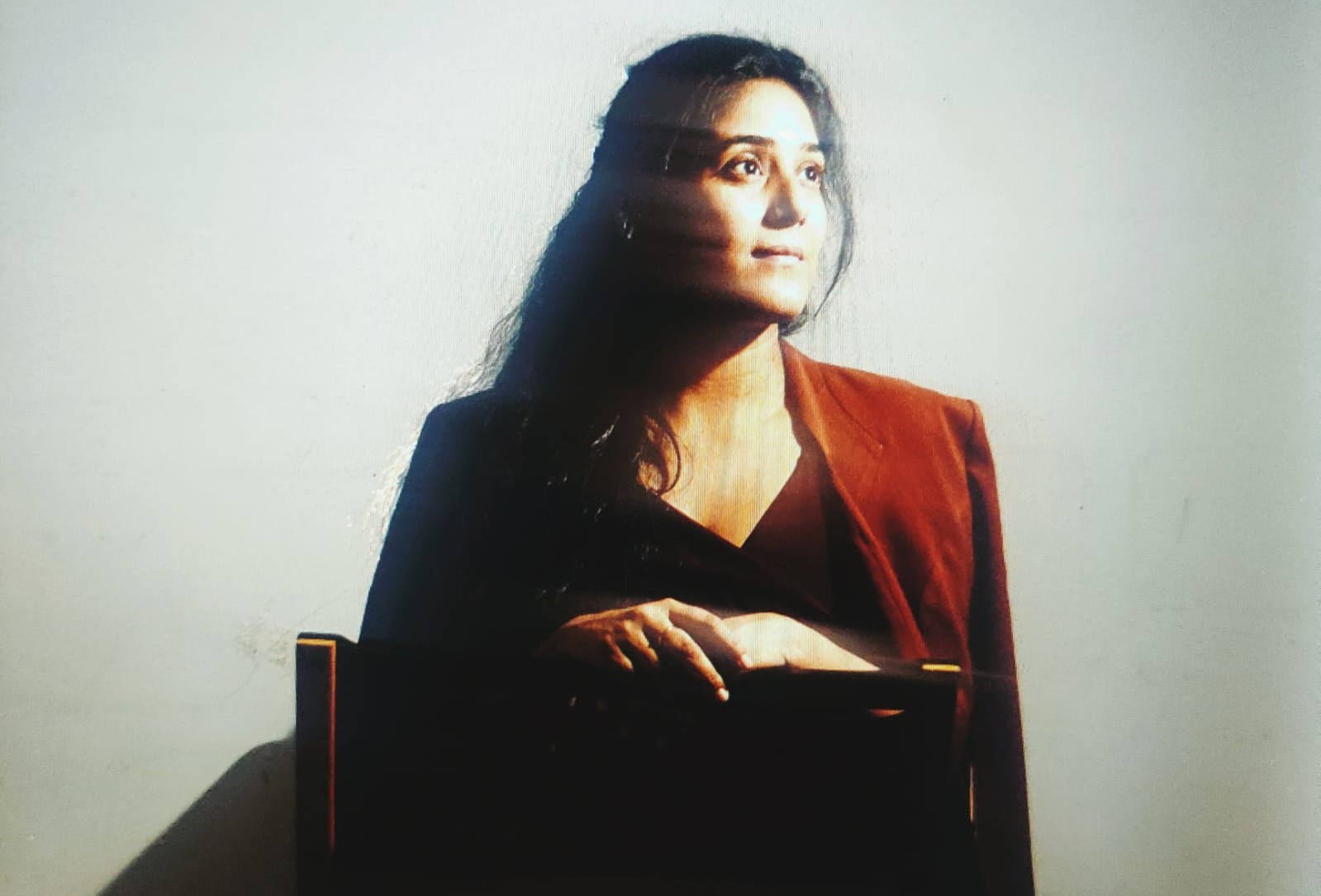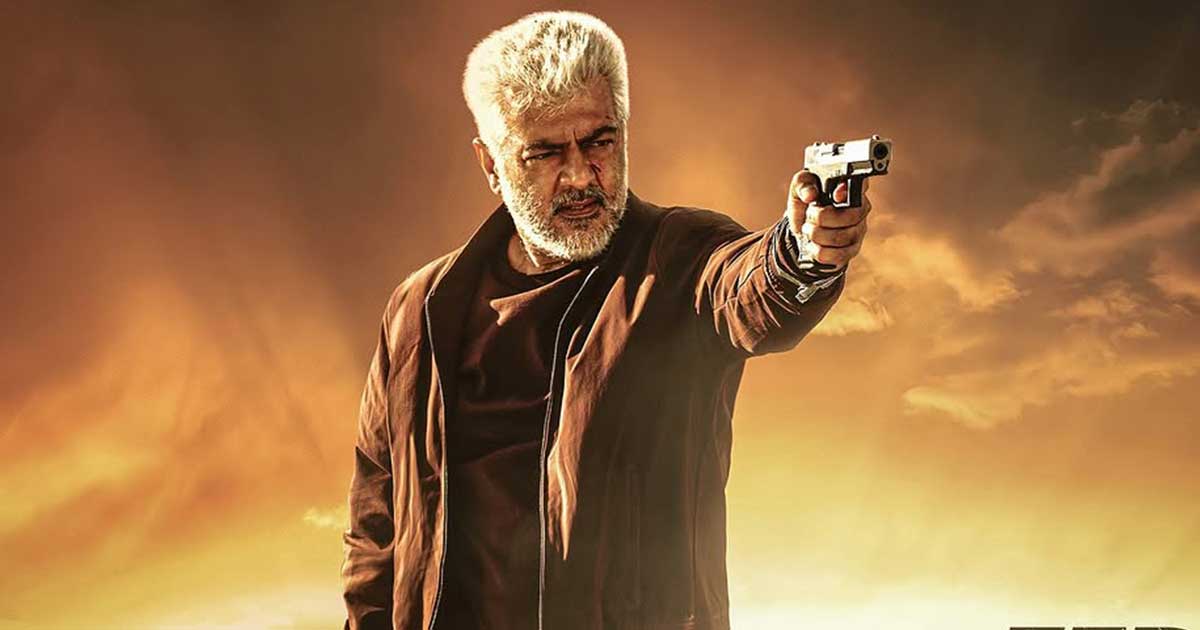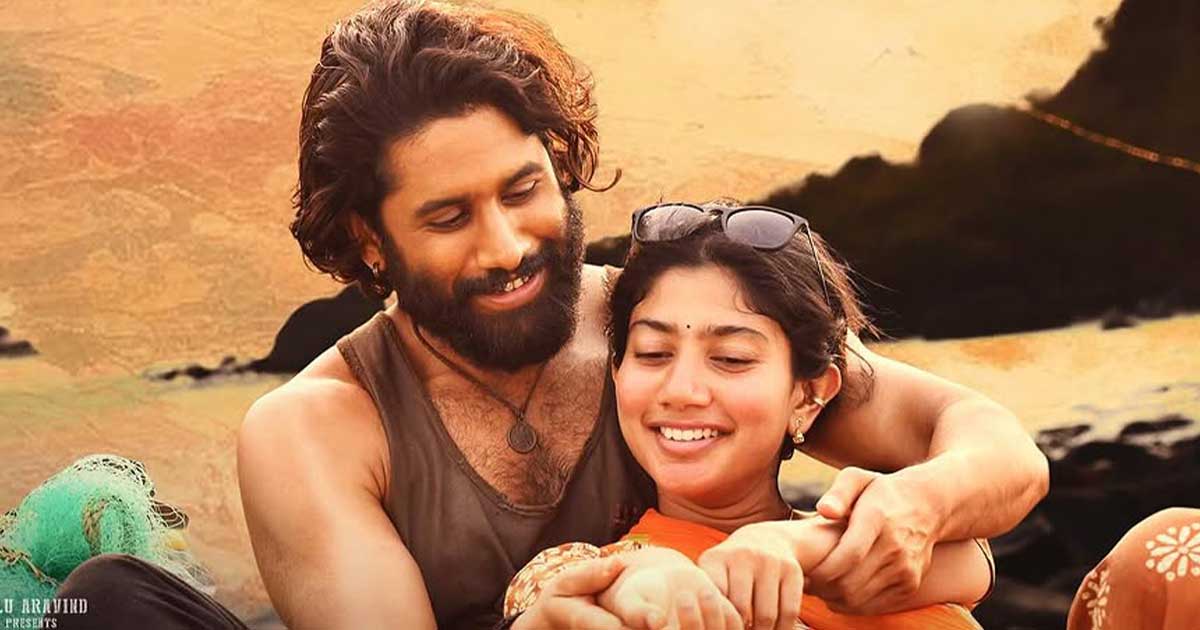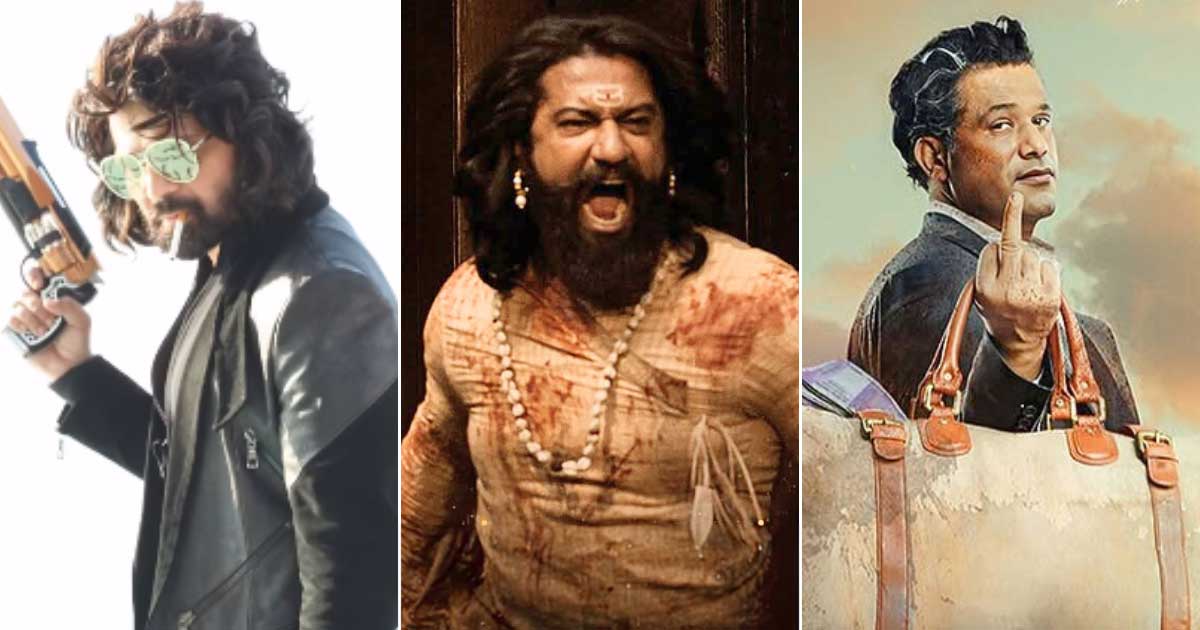
“Creating the background score for Kaala Paani was a 15-month long process” – Rachita Arora
As a composer, Rachita Arora is known to create music that is inventive, unique and original. The singer-composer, who hails from Delhi, started her journey in cinema with the Rajkummar Rao starrer ‘Newton’ and followed it up with films like ‘Mukkabaaz’, ‘Har Kisse Ke Hisse: Kaamyaab’, ‘Judgementall Hai Kya’, ‘Kanpuriye’ and shows like ‘Sacred Games’ and ‘Karenjit Kaur: The Untold Story of Sunny Leone’. Rachita is currently in the news for the evocative soundscape she has created for the Netflix original series ‘Kaala Paani’.
In this interview, Rachita talks about the 15-month long process for putting together the background score of ‘Kaala Paani’, journey in the music industry, working with Anurag Kashyap, love for Indian classical music, the growing number of female composers in Hindi cinema and more.
How long did it take you to put together the background score of ‘Kaala Paani’?
Creating the background score for ‘Kaala Paani’ was a 15-month long process. It is a seven-episode long series and is layered with music from the beginning till the end. I started working on the project by composing a lullaby. Then, I read the entire script. After going through the written material, I first tried to crack the theme music for the show. Once I spoke to Sameer Saxena sir, the director, things became easier for me as I got an idea about the direction I should be moving in. In terms of the theme and narrative, every episode in the series is different from the other. I tried to experiment a bit with percussions and vocal elements.
As a music composer, you have worked on both songs and background score. What do you enjoy doing more?
I enjoy both the processes equally. Creating the background score for a film or series, however, is far more challenging than composing songs. The entire process takes a lot of time.
Your journey in films started with ‘Newton’. You composed the song ‘Chal Tu Apna Kaam Kar’ which was written by Irshad Kamil and sung by Amit Trivedi. How did you get the film?
I had actually started working on ‘Mukkabaaz’ before ‘Newton’ happened. ‘Mukkabaaz’ was my first professional assignment in Mumbai. Aanand L. Rai, who was one of the producers on ‘Mukkabaaz’, was co-producing ‘Newton’ as well. Aanand sir liked my work in ‘Mukkabaaz’ and asked me to work on ‘Newton’ and ‘Shubh Mangal Saavdhaan’. I did songs for ‘Newton’ and composed the background score of ‘Shubh Mangal Saavdhaan’. Working on ‘Newton’ was a very memorable experience. I met Irshad Kamil ji and created 2-3 tunes based on some of the verses he had written. After we finalized the tune for ‘Chal Tu Apna Kaam Kar’, we started looking for the right vocalist. It was great recording Amit Trivedi sir’s voice for the song.
You are from Delhi and have had extensive training in Hindustani classical music. In Delhi, you used to compose music for theatre productions. What made you shift base to Mumbai?
I am a graded artist of Hindustani classical music. I learnt mostly from my guruji, Shri Pandit Vandev Raj Verma ji. I came to Mumbai to learn about music production. Once I accompanied my friend to Prithvi Theatre to watch a play. There, I got the opportunity to meet Makarand Deshpande sir. When he got to know I was a composer, he asked me to compose something for his upcoming Marathi play on the spot. I created a tune and he instantly liked it. He messaged Anurag Kashyap sir and told him to meet me and listen to my compositions. I met Anurag sir a week later. He heard some of my compositions and the same day, he offered me ‘Mukkabaaz’.
How was the experience of working with Anurag Kashyap on ‘Mukkabaaz’?
Anurag sir gives a lot of space to those who work with him. The first song we worked on ‘Mushkil Hai Apna Mel Priye’. It was a five-page long poem by Dr. Sunil Jog and I had to set it to tune. The process was interesting and challenging at the same time. Initially, I was just reading the poem and thinking, “iska sthyayi kahaan hai aur antara kahaan hai?” (laughs). I compressed the poetry, made a song out of it and played it to Anurag sir. He instantly liked it and told me about how he wanted it to sound. He wanted some madness towards the end, so I added a brass section there. I got to work with some incredible people on the album. Most of the songs in the album were written by Hussain Haidry, who added a lot of depth to my compositions with his words.
In an interview, you had stated that creativity is not dependent on gender. In the last few years, a lot of female composers have stepped into the industry. What, do you think, is the reason behind this shift?
The society has evolved and technology has technology, too, has grown at a fast pace. I think these two factors have contributed greatly towards a large number of female composers working in the industry. A lot of singers and musicians are putting up their music on YouTube and other platforms. Introducing the world to your music has become much easier now. If your work is good, your gender does not matter.
You have largely been associated with offbeat projects so far. Are you open to the idea of composing for an out-and-out commercial film?
I would love to do more commercial work. I have done a few commercial projects like the Kangana Ranaut – Rajkummar Rao starrer ‘Judgementall Hai Kya’. I had done three songs for the film. The title track became quite popular back then.
What are you doing next?
A lot of interesting projects are coming my way. As a rule, I do one project at a time. Right now, I am in talks for a few films and web shows. I am also scoring the music for some theatre productions by Makarand Deshpande sir. I have been wanting to create and release some music independently. Because of lack of time, I had not been able to do that till now. However, I hope to release some original music on my own soon. I also have plans to present Indian classical music in a way that it is accessible to everyone.
Publisher: Source link



